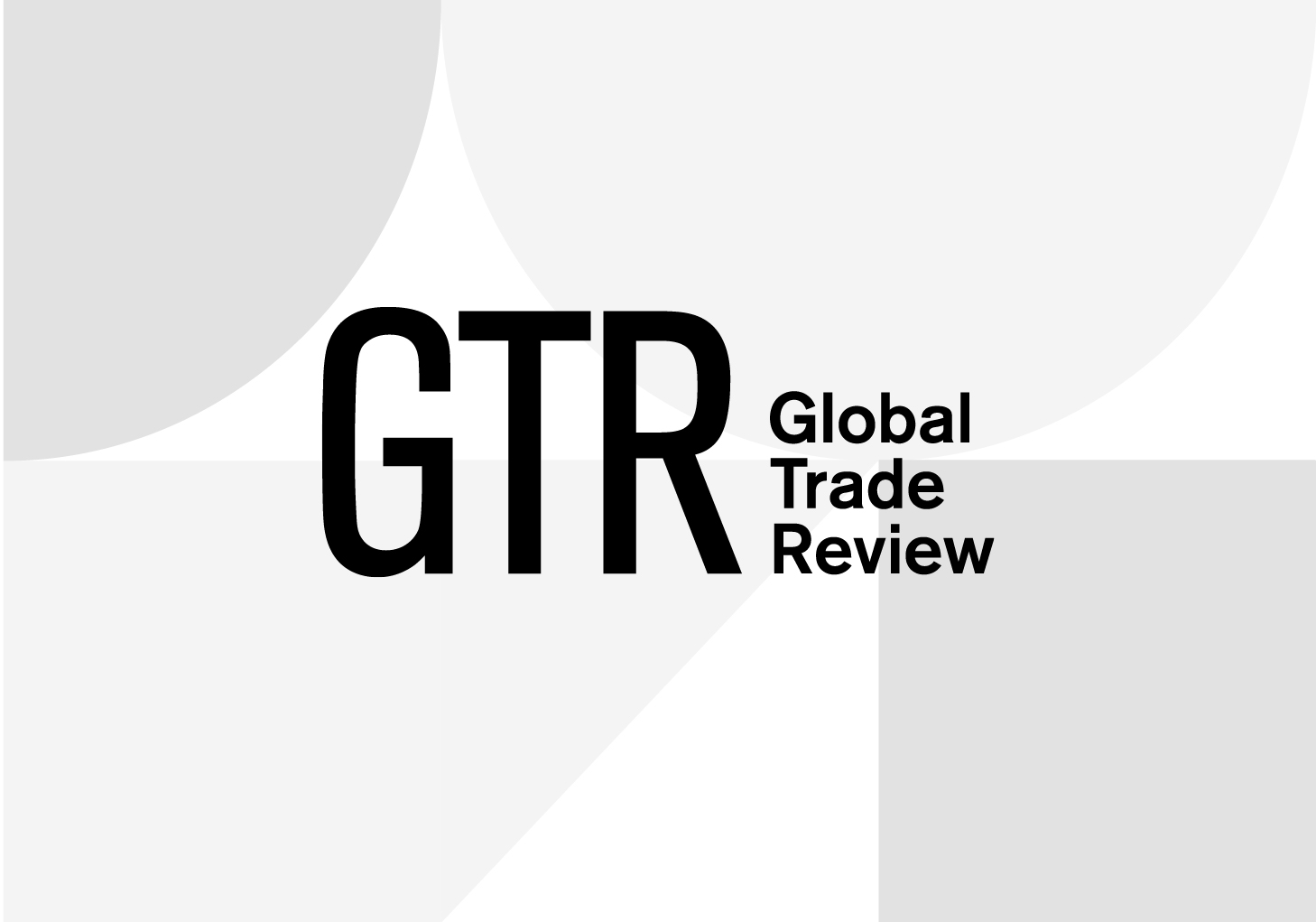Standard & Poor’s Ratings Services has raised its long-term foreign currency rating on Development Bank of Southern Africa Ltd (DBSA) to ‘BBB’ from ‘BBB-‘, and its local currency ratings to ‘A/A-1’ from ‘A-/A-2’. At the same time, Standard & Poor’s affirmed its ‘A-3’ short-term foreign currency rating on DBSA. The outlook is stable.
These rating actions follow the upgrade, on May 7, of Standard & Poor’s long-term foreign currency ratings on the Republic of South Africa to ‘BBB’ from ‘BBB-‘, and of its local currency ratings to ‘A/A-1’ from ‘A-/A-2’. The ‘A-3’ short-term foreign currency rating on South Africa was also affirmed. The outlook on South Africa is stable.
“The ratings on DBSA are supported by its sound financial profile, prudent management, and continued strong support from the
- Republic of South Africa ,” says Standard & Poor’s credit analyst Mame-Fatou Diagne.
With total assets of about South African rand R20bn (US$2.7bn) at the end of March 2003, DBSA remains one of the largest government-owned Development Finance Institutions (DFI) in South Africa . DBSA is wholly-owned by the republic and represents the South African government’s primary vehicle for promoting infrastructure development in South Africa ‘s municipal and utility sector and in the countries of the Southern African Development Community (SADC) which ensures strong implicit and explicit government support.
The bank is expected to remain South Africa ‘s largest municipal lender, while management is actively expanding the bank’s role to providing support and technical assistance for local government capacity building and for the government’s Black Economic Empowerment and labour market initiatives.
DBSA’s prudent management within a difficult operating environment has kept non-performing loans at a moderate level of 6.3% of gross loans at the end of December 2002, which is more than fully provisioned. In keeping with its public policy mandate and prudent provisioning policies, DBSA’s net income remained at a robust 6.5% of average assets in financial 2002/2003. DBSA maintains substantial capital levels relative to the size of its business, and its asset-liability management policies are conservative.
The South African government generally does not guarantee DBSA’s debt. As in past years, however, government has not ruled out the possibility of guaranteeing the bank’s foreign debt issues. For the bank’s management, such decisions are determined by cost, since the government charges South African parastatal companies or DFIs a guarantee fee. Nevertheless, Standard & Poor’s would rate both guaranteed and unguaranteed issues on a par.
“The stable outlook reflects Standard & Poor’s expectation that DBSA will maintain its stable financial profile and strong public policy mandate for the foreseeable future, ensuring strong government support going forward,” says Diagne.
The government’s intention to subject its parastatals, including DBSA, to corporate taxation and dividend payment does not undermine its support for the bank, although these changes will curtail DBSA’s capacity to retain earnings and build capital. Given the bank’s strong capitalisation, however, this is not of immediate concern.







